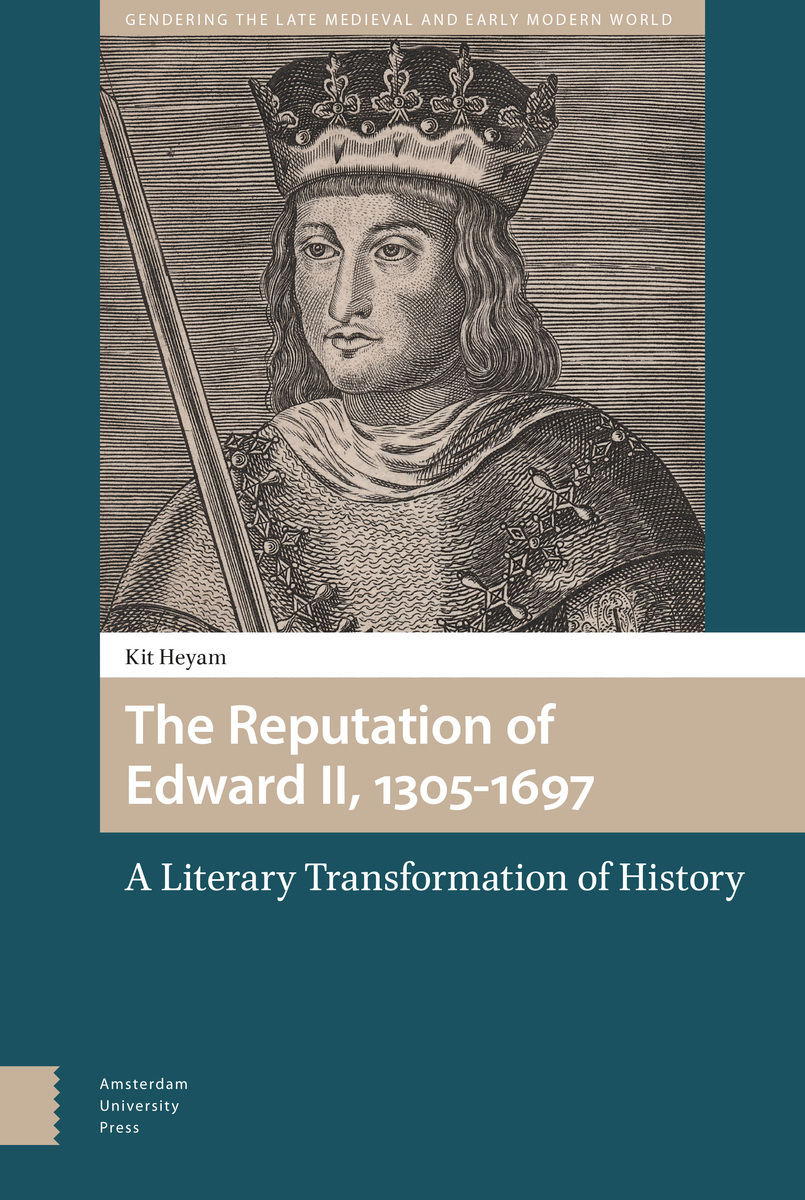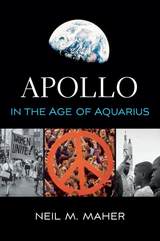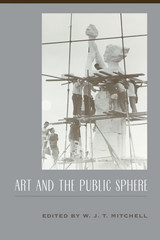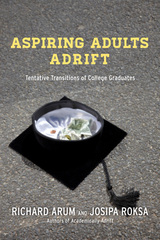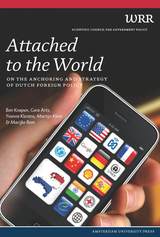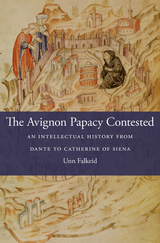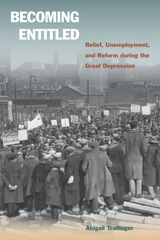The Reputation of Edward II, 1305-1697: A Literary Transformation of History
Amsterdam University Press, 2020
eISBN: 978-90-485-5214-6
See other books on: English, Irish, Scottish, Welsh | Great Britain | Renaissance | Reputation | Tudor & Elizabethan Era (1485-1603)
See other titles from Amsterdam University Press
eISBN: 978-90-485-5214-6
ABOUT THIS BOOK | TOC
ABOUT THIS BOOK
During his lifetime and the four centuries following his death, King Edward II (1307-1327) acquired a reputation for having engaged in sexual and romantic relationships with his male favourites, and having been murdered by penetration with a red-hot spit. This book provides the first account of how this reputation developed, providing new insights into the processes and priorities that shaped narratives of sexual transgression in medieval and early modern England. In doing so, it analyses the changing vocabulary of sexual transgression in English, Latin and French; the conditions that created space for sympathetic depictions of same-sex love; and the use
of medieval history in early modern political polemic. It also focuses, in particular, on the cultural impact of Christopher Marlowe’s Edward II (c.1591-92). Through such close readings of poetry and drama, alongside chronicle accounts and political pamphlets, it demonstrates that Edward’s medieval and early modern afterlife was significantly shaped by the influence of literary texts and techniques. A ‘literary transformation’ of historiographical methodology is, it argues, an apposite response to the factors that shaped
medieval and early modern narratives of the past.
of medieval history in early modern political polemic. It also focuses, in particular, on the cultural impact of Christopher Marlowe’s Edward II (c.1591-92). Through such close readings of poetry and drama, alongside chronicle accounts and political pamphlets, it demonstrates that Edward’s medieval and early modern afterlife was significantly shaped by the influence of literary texts and techniques. A ‘literary transformation’ of historiographical methodology is, it argues, an apposite response to the factors that shaped
medieval and early modern narratives of the past.
See other books on: English, Irish, Scottish, Welsh | Great Britain | Renaissance | Reputation | Tudor & Elizabethan Era (1485-1603)
See other titles from Amsterdam University Press
